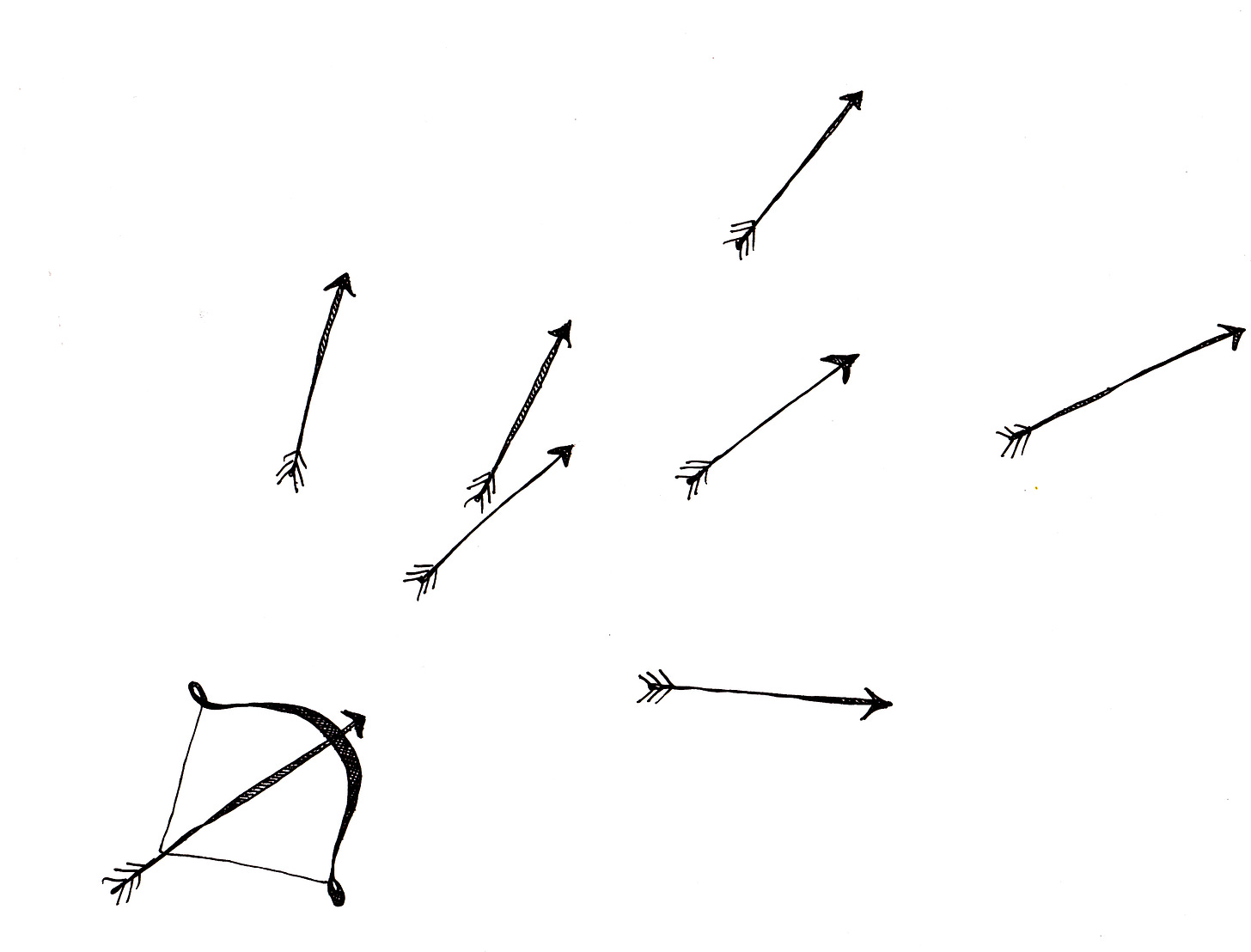How to Feel Visible
"I felt like I was muting a part of myself, censoring my identity and erasing key parts without even realizing it."
Keep reading with a 7-day free trial
Subscribe to The Small Bow to keep reading this post and get 7 days of free access to the full post archives.





